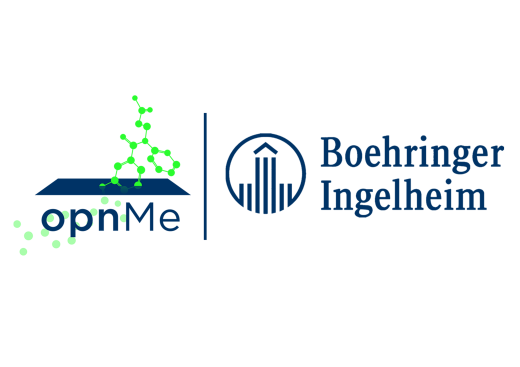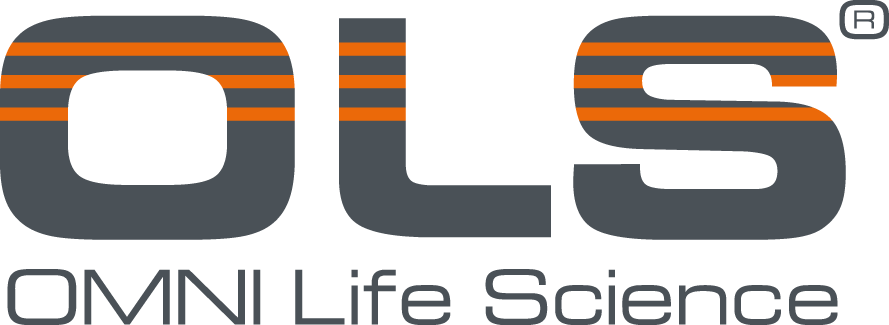Sponsored Talks
opnMe.com / Boehringer Ingelheim
Speakers: Menorca Chaturvedi, opnMe Program Manager, Discovery Research Coordination Department, Boehringer Ingelheim, Germany and Markus Koester, Director Discovery Research Coordination Department, Boehringer Ingelheim, Germany. opnMe.com / Boehringer Ingelheim
Symposia: Advances in Translational Pharmacology - 21 April 2022 / 17:30 - 19:30 (CET)
Title: How open innovation can help you to address relevant translational questions in research? Insights from opnMe.com, the crowdsourcing portal of Boehringer Ingelheim.
Abstract: Through opnMe.com, the open innovation portal of Boehringer Ingelheim, scientists from all over the world have been able to access well-characterized molecules and address specifically defined biology questions for over four years by now. Within this timeframe, more than 1,200 individual molecule orders and more than 1,000 research collaboration applications have been received and processed. What has been the translational benefit of these activities which may ultimately benefit patients with severe unmet medical need?
We will elucidate this exemplified by our SOS1::KRAS inhibitor BI-3406 which has been originally shared as part of the “molecules for collaboration” program. From more than 100 received research collaborations proposals, eight projects have been selected and are now pursued as part of bi-lateral partnerships with the aim to broaden the patient population, to identify new combination opportunities and to deepen the understanding of the mode of action of our SOS1i. With this, the opnMe initiative has generated an important impact on positioning the SOS1::KRAS program and generated new portfolio opportunities.
In summary, we believe that the SOS1::KRAS program can be viewed as a prime example of how academic contributions through opnMe have the chance to influence the well-being and benefits for patients in need. Learn more on how also your scientific idea could contribute to an increased understanding of disease and provide translational benefits.

LUMICKS
Speaker: Roman Renger, LUMICKS
Symposium: Computational and AI-Driven Drug/Vaccine Discovery - 22 April 2022 / 10:00 - 12:00
Title: Single-molecule analysis to assess biomolecular interactions across scales
Abstract: Biological processes occur across various time and length scales, connecting molecular details with collective, emerging phenomena. Detailed insights into the most fundamental building blocks of life such as individual proteins and nucleic acids provide essential information for understanding how pathological conditions arise from physiological states and how they potentially can be reversed by tailored drugs. Direct, real-time observations of biomolecular interactions are required to validate and complete the current models of drug action.
Single-molecule technologies offer an exciting opportunity to meet these challenges and enable researchers to study molecular function and activity in real-time. Here, we present our efforts towards further enabling discoveries in the field of biomolecular interactions by correlating optical tweezers and confocal fluorescence microscopy. We present several examples in which our technologies enhanced the understanding of membrane-less compartments, genome organization and biomolecular folding. Furthermore, we show how advances in hybrid single-molecule methods can be turned into an easy-to-use and stable instrument that has the ability to open up new venues in the field of drug discovery and validation.

OLS - OMNI Life Science
Speaker: Markus Uhrig, OLS - OMNI Life Science
Symposium: Cell Biology in the 2020s: Dynamics, Quantitation, Integration and Prediction - 22 April 2022 / 13:20 - 15:20 (CET)
Title: A novel benchtop approach for high-yield, improved viability and long-term cultivation of 3D cell models
Abstract: The conventional in vitro cell models are mainly based on 2D cell cultures. However, 2D cell culture is limited in terms of mimicking the complexity and heterogeneity of tissues and organs. In recent times, the emergence of 3D cell models holds a great promise as an in vitro disease model, imitating the in vivo microenvironment.
We will introduce a unique cell culture technology that supports the 3-dimensional (3D) long-term growth of a variety of cells and tissues. This comprises, but is not limited to (i) expansion of pluripotent stem cells such as iPSC and ESC, (ii) growth of gastric organoids, (iii) long term culture of primary cells, like primary hepatocytes, (iv) differentiation into cardiomyocytes and (v) 3D tumour growth. The instrument used - CERO 3D Incubator and Bioreactor - creates an optimal cell culture environment by monitoring and controlling temperature, pH, and CO2 levels. A rapid and alternating clockwise and anticlockwise tube movement in combination with specially designed tubes (CEROtubes) promotes an upward-directed stream of cell culture medium, which in turn supports the gentle floating of the cells. Contrarily to the current methods, the CERO 3D Incubator and Bioreactor generates a minimum of shear stress to the cells, thus allowing long-term culture while improving viability and maturation of the spheroids and organoids. Further advantages include high cell mass yields, unprecedented expansion of pluripotent stem cells with minimum handling requirements, no substrate required, significantly reduced apoptosis, low running costs, reduced occurrence of spontaneous (unwanted) differentiation of pluripotent stem cells.
Overall, the CERO 3D Incubator and Bioreactor provides a standardized solution for scale-up and automation platforms, simplification and cost reduction of stem cell expansion projects in biobanks, cell-based drug discovery, toxicity testing, and regenerative medicine.


